The Top 7 Spiritual Scientists
On the metaphysical convictions of many of those who created and shaped science.
We are fortunate to have Dr. Joshua Moritz write for us. His work focuses on the intersection of science and theology, and his well-researched and well-written pieces have shed a lot of light on the foundational achievements of people of faith in the world of science.
Much of what we now think of as science was, in fact, developed by these thinkers and for reasons that were directly related to their theological convictions. Far from being a forum that won’t allow for spiritual contemplation alongside the hypothesizing, experimentation, and data gathering, science is an invaluable methodology for comprehending one aspect of our meta/physical reality.
#1. Max Planck
When Max Planck entered the University of Munich in 1875 for his doctoral studies in physics, he was warned by Professor Philipp von Jolly that his chosen subject was more or less finished and that nothing new could be expected to be discovered. Physics was almost complete, and only a few odds and ends remained to be tidied up. Planck, an extremely modest man with no interest in fame or worldly ambition, told Jolly that he "had no wish to make discoveries, but only to understand and perhaps to deepen the foundations already set." Planck would indeed come to deepen our understanding of physics, but in so doing, he would also begin a revolution in science that would shake the very bedrock of the foundations upon which physics is built.
Planck believed that the laws of nature and constants of nature, such as Planck's constant h, ultimately found their source in the Transcendent Consciousness of the Creator. Such laws and constants of nature thus had "a superhuman significance" for Planck because they not only "cut into the bedrock of physical reality" but also ascended to a Mind beyond material reality.
#2. Georg Cantor
Cantor founded set theory, discovering that some infinities are bigger than others. Through these discoveries, explains mathematical physicist John Barrow, “Cantor produced a theory that answered all the objections of his predecessors and revealed the unexpected richness hiding in the realm of the infinite.” Cantor’s set theory was a revolution in the history of mathematics because it overthrew all the assumptions that previous generations held about infinity.
According to Cantor himself, his insights into the nature of mathematics and infinity were revealed to him by God. As he states in a letter from 1883: “I am far from claiming my discoveries are due to personal merit because I am only an instrument of a Higher Power that will continue to work long after me, just as it revealed itself thousands of years ago to Euclid and Archimedes.”
#3. Charles Darwin
In 1809, the year Charles Darwin was born, no one, with the exception of “religious fanatics,” believed in the common ancestry and evolution of human beings. Enlightenment scientists before Darwin dismissed the notion of a common ancestry for humans as a “backward” and “unscientific” theological doctrine from the Bible. And these scientists also steered clear of the word “evolution”—a religious term whose Latin roots referred to the unrolling of a scroll or the unfolding of a plan. In those days, the concept of “evolution,” first appearing in English in the 17th century, referred to an orderly sequence of events and was synonymous with a Divine plan.
#4. Kurt Gödel
Albert Einstein would often remark that he went to his office at Princeton's Institute for Advanced Study "just to have the privilege of walking home with Kurt Gödel." A good friend of Einstein, Gödel was the most brilliant and influential mathematician and logician of the 20th century. A master of proofs who ran non-Euclidean circles around the most brilliant minds of his day, Gödel devastated philosophical paradigms with the theorems he developed, and he laid bare long-held assumptions and cherished axioms as fundamentally unprovable. Gödel also mathematically demonstrated something that many thought was beyond the purview of proof—namely, the existence of God.
#5. Nicholas Steno
Nicholas Steno, a founder of the geosciences, was the first to use science to challenge the Aristotelian view of the Earth and its inhabitants. As one of the most dexterous dissectors and adept anatomists of his age, Steno was also an expert excavator who connected his knowledge of biology with key insights into how fossils relate to different layers of sedimentary rock. Discovering “that the crust of the earth contained an archive of its most ancient history,” Steno inaugurated “an intellectual revolution that was as profound as that of Galileo and Copernicus.”
All throughout his life, Steno was deeply devout—so much so that he was appointed a Bishop and was even venerated as a saint after his death—and his attempt to harmonize his geological observations with scriptural history was no insincere or forced reconciliation. On the contrary, it was for him “a natural synthesis of two equally valid and complementary sources of evidence—the Book of God’s Word and the Book of God’s Works.”
#6. Isaac Newton
Albert Einstein said that Sir Isaac Newton was the smartest person who ever lived and the greatest scientific mind of all time. As the most brilliant physicist ever, says Neil De Grasse Tyson, Newton possessed a genius that was "spooky"—intuitively understanding deeper levels of physical and mathematical reality in ways that appear to be beyond human capacity.
Unveiling hidden laws of nature, Newton shed light on many of the most obscure mysteries of physics and even illuminated the true physical nature of light itself. Yet, for all his love of solving scientific riddles, Newton's deepest passion and interest was in discovering the source of science itself—namely, the mind of the Creator whose infinite genius had etched into the cosmos the very logic of the laws of nature that Newton's unrivaled insight endeavored to decipher.
#7. James Clerk Maxwell
Maxwell was the great unifier of physics, and it was his discoveries that made Einstein's work possible. Indeed, Maxwell was Einstein's "Einstein," and his insights were Einstein's main inspiration.
While Maxwell described physical reality according to mathematical laws in a way that made him appear like a time traveler from the future (since it took decades for scientists to grasp the significance of Maxwell's work), the inspiration for Maxwell's aspiration to unify physics came from a deeper source. For Maxwell, his physics was ultimately an expression of his faith in the One Creator God, who governs the totality of reality through a unified order and law.




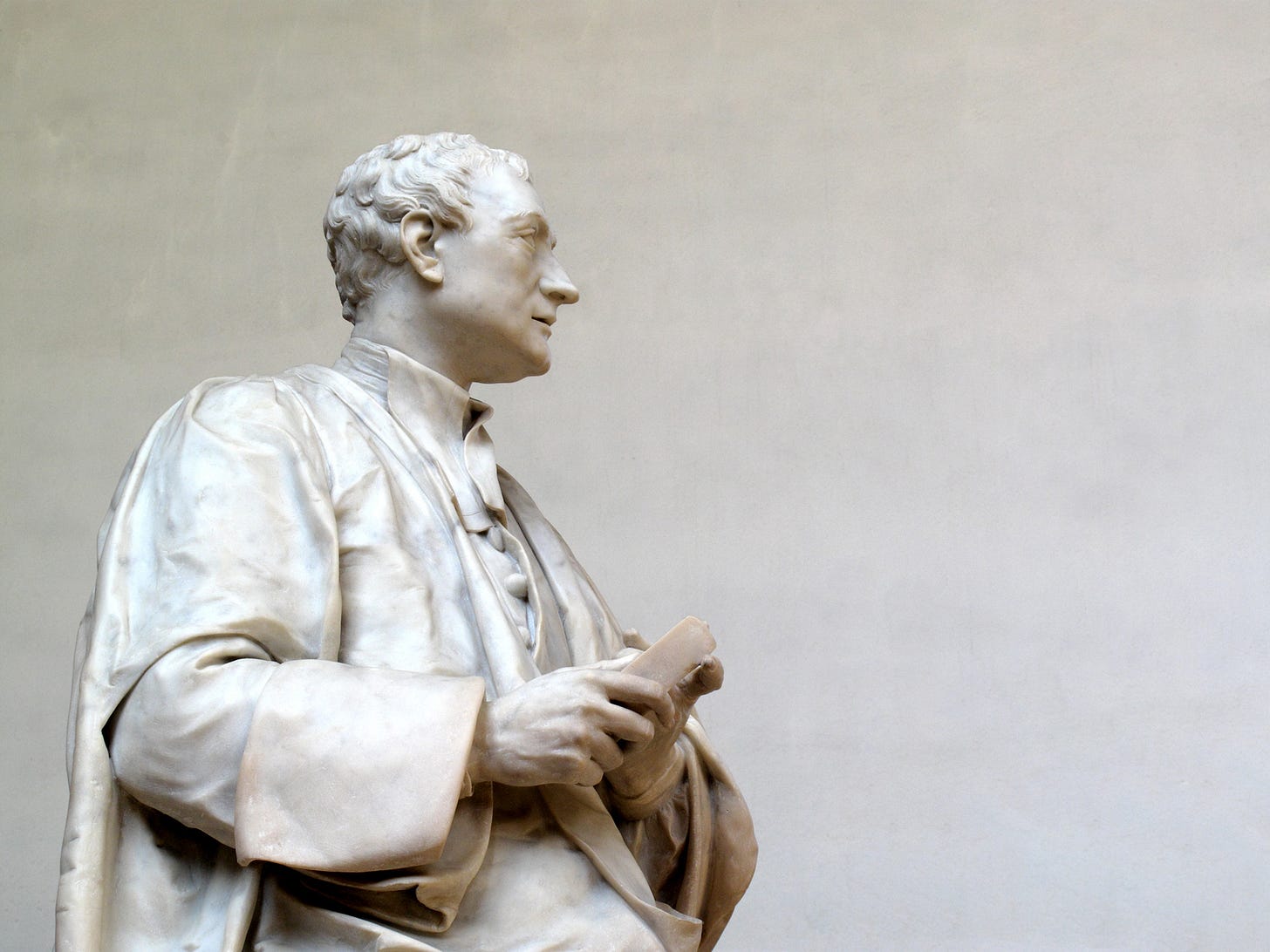
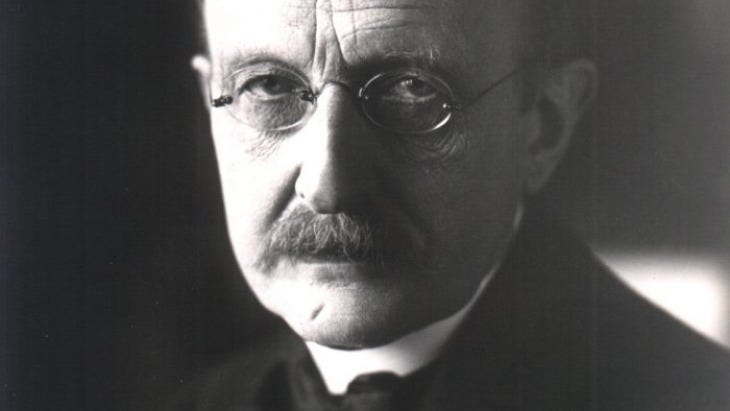
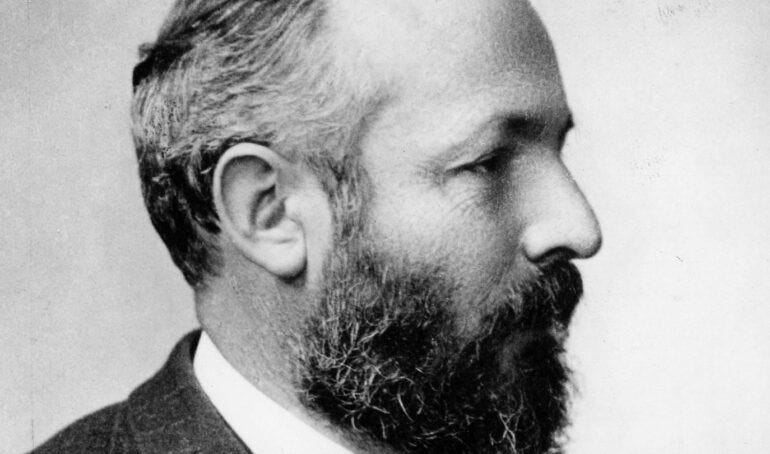
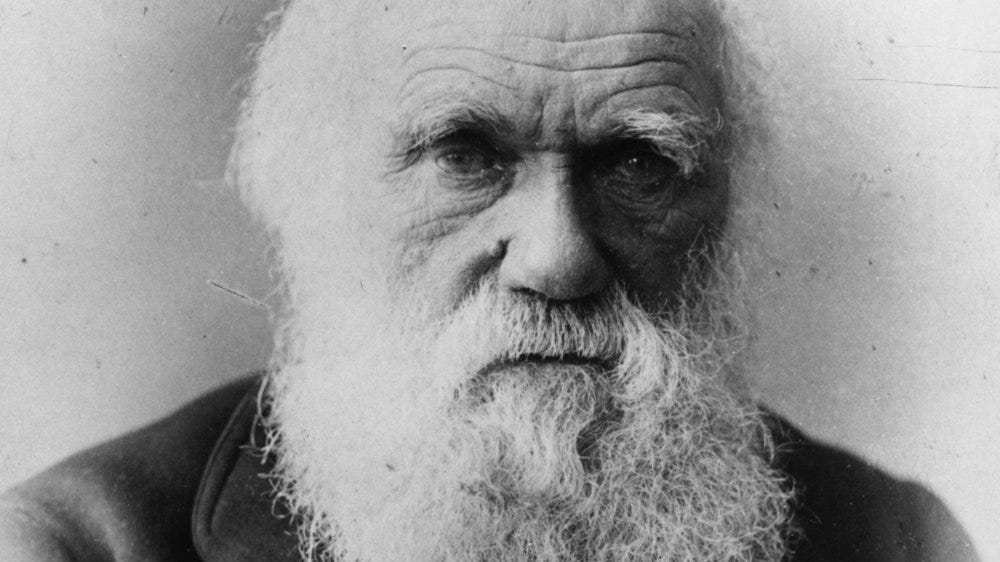
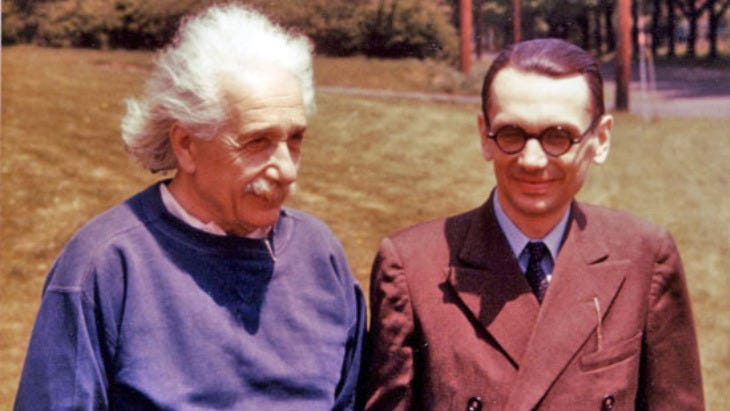
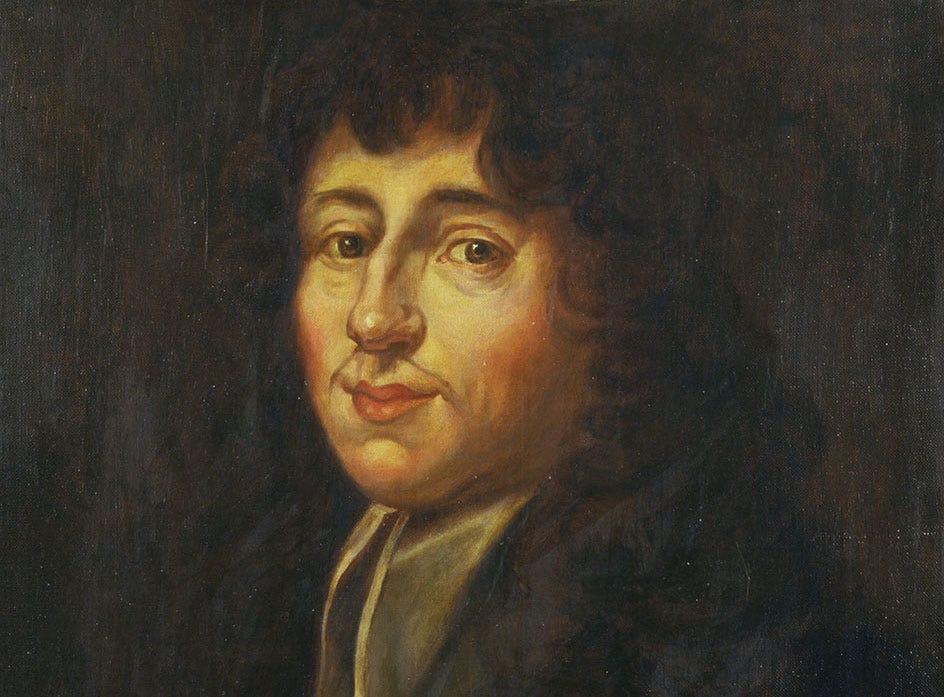

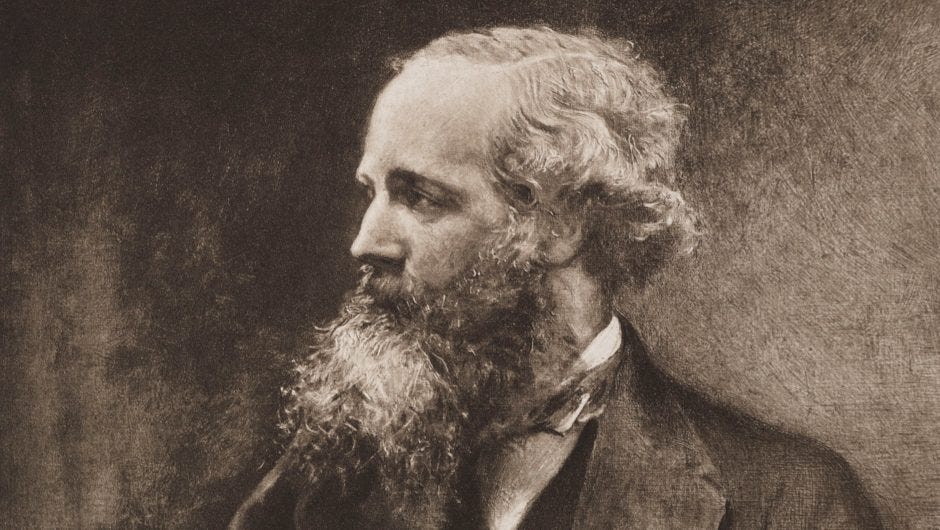

Very interesting article. Not really surprising though. I think that those who study and contemplate the Universe do share a spiritual appreciation of what they know of Nature and what they still don't know. However, this cosmic spirituality has very little relationship to the worship of any god as mandated by one or another of the religions of man. I just know some Christianist will cite this article as "proof" that the named scientists are "good, Bible-loving devotees" of their particular cult. That Einstein once said that he believed in Spinoza's God was argued to me as proof Albert was a Christian. The Christianist did not understand that Spinoza's God was Nature.